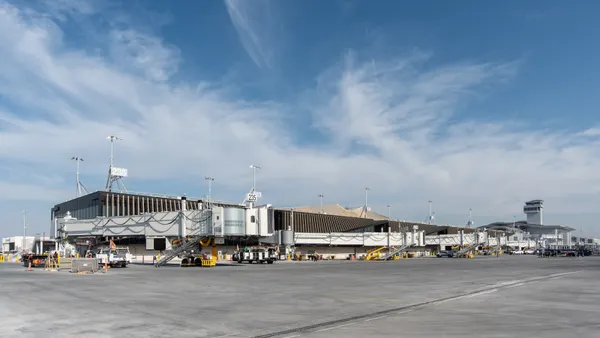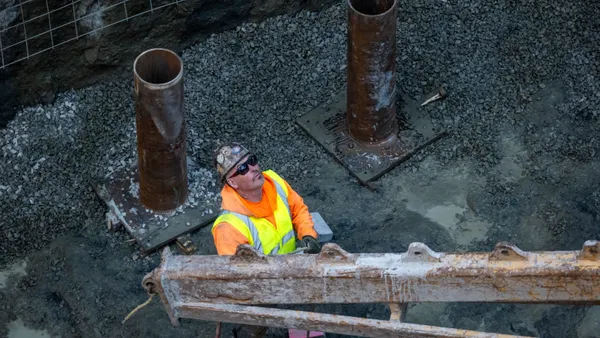Dive Brief:
-
Secretary of Housing and Urban Development Ben Carson told affordable housing advocates Monday that the Trump administration could include funding for such programs in its proposed infrastructure spending bill, The Washington Post reported.
-
So far, the administration has proposed a $6 billion cut to HUD's budget, and it has been light on details as to what will be included in its anticipated infrastructure plan.
- According to The Post, President Donald Trump's proposed 2018 budget takes $1.3 billion from HUD's capital fund and roughly $600 million from its operating fund, which together support regular maintenance and larger repairs and upgrades at existing affordable housing projects. Development grants also face cuts.
Dive Insight:
It remains unclear what measures will fall within the scope of the Trump administration's $1 trillion infrastructure plan. The president's 2018 budget proposal calls for infrastructure-related spending cuts at the federal level, including the elimination of the popular Transportation Investment Generating Economic Recovery grant program, and a shift of infrastructure funding responsibility to state and local governments.
The proposed cuts to HUD's budget reduce federal funds available for operating existing facilities, which affordable housing advocates say will make adding needed new properties more difficult.
Cities across the country are looking for ways to bring more low- and middle-income housing online. New York is weighing bringing back its popular 421-a tax break that encouraged developers to add more affordable units to projects. Earlier this year, the New Jersey Supreme Court ruled that towns in the state must fill a backlog in affordable housing after the state failed to add the required number of units from 1999 to 2015. In Seattle, the City Council followed voter passage of a $290 million affordable housing levy in August with a 30-year, $29 million affordable housing bond in November.
Other municipalities are finding creative ways to close the affordability gap by co-locating housing with public entities. In Chicago, three architecture firms are set to design developments that will pair public library branches with public housing, helping bring low- and middle-income housing into community centers.
For more housing news, sign up for our daily residential construction newsletter.













